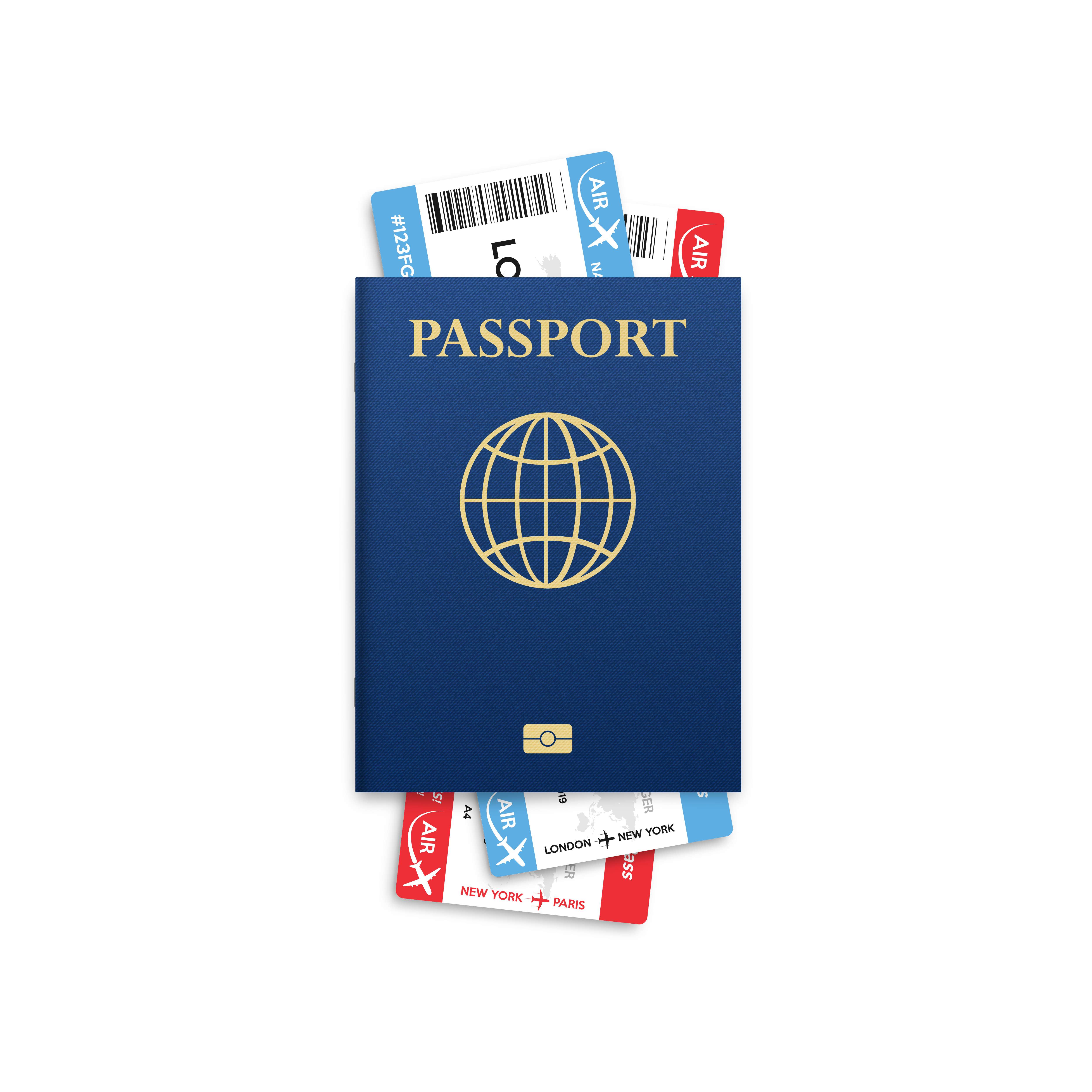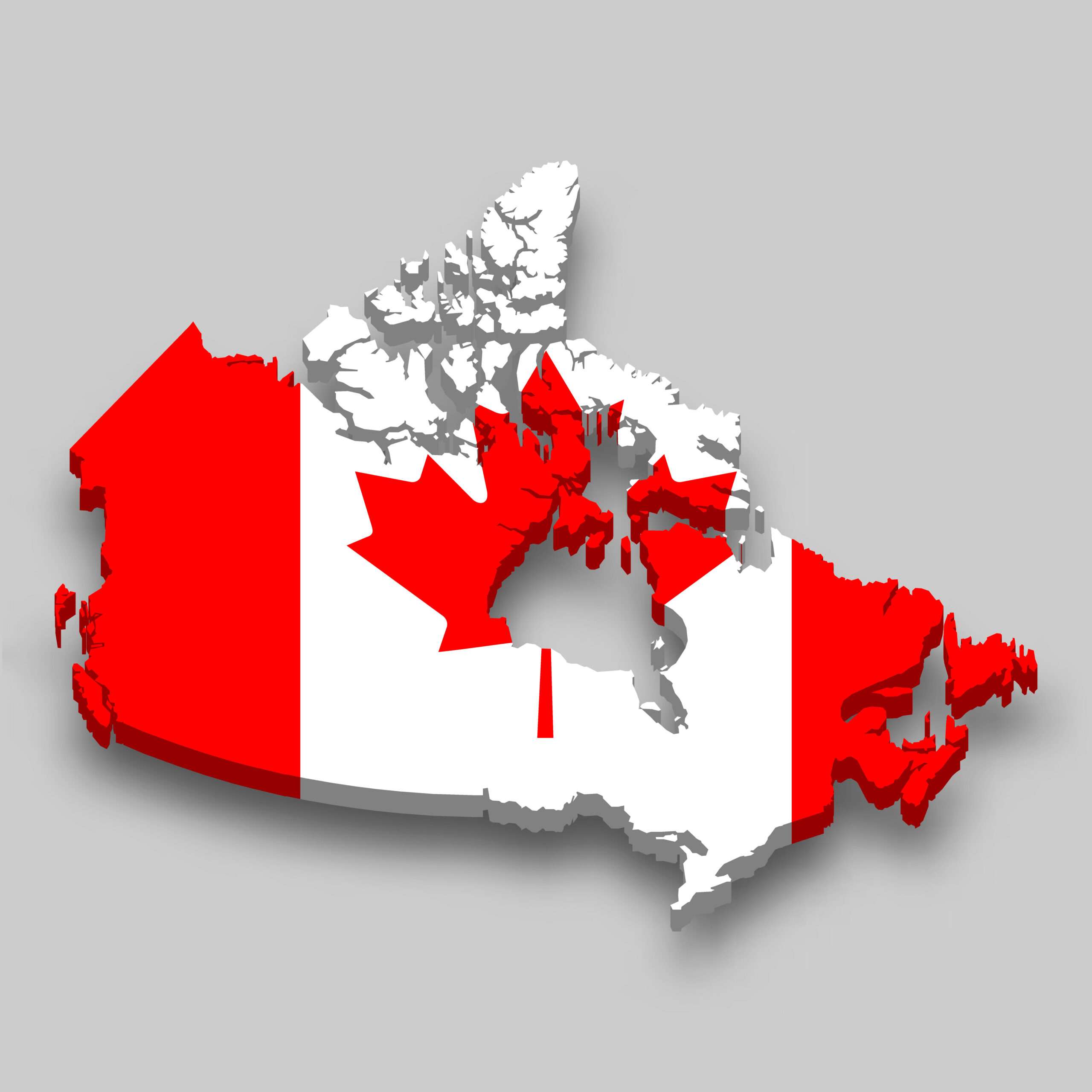
Embark on Your Academic Odyssey in Canada: Learn the Latest Study Visa Requirements
Canada, adorned with a breathtaking lifestyle and globally acclaimed educational institutions, extends an invitation to international students worldwide for an unforgettable academic adventure. Transforming this aspiration into reality requires securing a Canadian Study Visa, a journey facilitated by the expertise of our team at VSMR Overseas and Immigration Consultants. We not only help you secure admission to top Canadian universities or colleges but also help you with every aspect of obtaining the Canada study visa.

Why Study in Canada?
Quality Education
Canada is home to world-class universities and colleges known for their academic excellence and commitment to research and innovation.
Diverse Courses
Whether you’re pursuing a traditional degree, vocational training, or language studies, Canada offers a diverse range of programs to cater to your academic interests.
Research Opportunities
Canada encourages cutting-edge research across various disciplines, fostering a culture of critical thinking and intellectual exploration.
Multicultural Society
Immerse yourself in a multicultural and inclusive society, embracing students from all corners of the world and enriching your cultural perspective.
Global Career Opportunities
A degree from a Canadian institution opens doors to exciting career prospects not only in Canada but on the global stage.
Shortcut to Permanent Residency
Students with a Canadian degree are considered a priority for permanent residency status over those without one.
Canada Student Visa Types
Canada offers several types of study permits, each designed to meet specific educational needs. Here are some common types of Canada Student Visas:
Regular Study Permit
Issued for full-time academic or vocational programs at designated learning institutions (DLIs) in Canada. It is the standard study permit for international students pursuing a degree or diploma.
Co-op Work Permit
Designed for students participating in a cooperative education or internship program. This permit allows students to work as part of their program, gaining practical experience in their field of study.
Off-Campus Work Permit
Allows international students with a valid study permit to work off-campus while enrolled in a designated learning institution. It typically permits part-time employment during the academic session and full-time during scheduled breaks.
Post-Graduation Work Permit (PGWP)
Granted to international students who have completed an eligible program at a designated learning institution in Canada. The PGWP allows graduates to work in Canada for up to three years, providing valuable Canadian work experience.
Student Direct Stream (SDS)
An expedited study permit application process for students from select countries, including India, China, the Philippines, Vietnam, and Pakistan. To be eligible for SDS, applicants must meet specific criteria, such as language proficiency and financial requirements.
Language School Study Permit
Applicable for students enrolled in short-term language courses in Canada. This permit allows individuals to study English or French for up to six months.
Minor Child Study Permit
For minors who are already in Canada with a parent or legal guardian who holds a study or work permit. This permit allows the child to attend primary or secondary school in Canada.
Quebec Acceptance Certificate (CAQ)
Required for students intending to study in the province of Quebec. The CAQ is a prerequisite for obtaining a study permit for Quebec.
It’s important for students to choose the appropriate type of study permit based on their program, duration of study, and specific circumstances. Additionally, eligibility criteria and application processes may vary for each type of permit.
Annual Intakes of Canada Study Visa
Fall Intake (September)
● The fall intake is the primary intake for most programs and universities.
● It aligns with the beginning of the academic year, allowing students to start fresh with a full range of courses.
● Application deadlines for the fall intake are often in the preceding winter or spring.
Winter Intake (January)
● The winter intake is a secondary but increasingly popular intake for many institutions.
● It provides an opportunity for students who might have missed the fall intake or those seeking a mid-academic-year start.
● Application deadlines for the winter intake are typically in the preceding summer or early fall.
Summer Intake (May to July)
● The summer intake is less common but exists for certain programs and institutions.
● It is an excellent option for students with specific program requirements or those looking for a flexible start date.
● Application deadlines for the summer intake are often in the preceding winter or spring.
Eligibility Criteria to Apply for a Canada Study Visa
To be eligible for a Canada Study Visa, applicants must meet certain criteria. The common eligibility requirements include:
● Letter of Acceptance:
Obtain a Letter of Acceptance from a Designated Learning Institution (DLI) in Canada. This letter is issued by the institution where you have been accepted to study.
● Valid Passport:
Ensure that your passport is valid for the duration of your intended stay in Canada.
● Proof of Financial Support:
Demonstrate that you have enough funds to cover tuition fees, living This can be in the form of bank statements, proof of a Canadian bank account in your name, or a letter of financial support.
● Tuition Fee Payment:
Provide proof of payment of the tuition fees for the first year of study.
● Language Proficiency:
Demonstrate proficiency in English or French, depending on the language of instruction of your chosen program. This is usually proven through language test results like IELTS or TOEFL for English or TEF for French.expenses, and return transportation.
● Genuine Temporary Resident (GTR) Status:
Convince the immigration officer that your stay in Canada is temporary and that you intend to leave at the end of your authorized stay.
Clean Criminal Record: Provide a police certificate to show that you have no criminal record. In some cases, a medical exam may also be required.
● Health Insurance:
Show proof of health insurance coverage for the duration of your stay in Canada. Some provinces may require you to enroll in the provincial health care plan.
● Biometrics:
Depending on your nationality, you may be required to provide biometric information as part of the application process.
● Compliance with Regulations:
Agree to comply with the conditions of your visa, such as attending classes regularly and refraining from working without authorization.
It’s important to note that eligibility criteria can vary based on the type of program, level of study, and individual circumstances. Applicants should carefully review the specific requirements outlined by the Canadian immigration authorities and the chosen educational institution.
Canadian Student Visa Requirements for Indian Students
For students looking to apply for a Canadian study visa, here are the essential requirements:
Acceptance Letter from a Designated Learning Institution (DLI):
Obtain an acceptance letter from a recognized Canadian educational institution, known as a Designated Learning Institution (DLI).
Valid Passport:
Ensure your passport is valid for the entire duration of your intended stay in Canada.
Proof of Financial Support:
Demonstrate your ability to cover tuition fees, living expenses, and return transportation. This may include bank statements, scholarship letters, or a letter of financial support from a sponsor.
Tuition Fee Payment Receipt:
Provide evidence of the payment of your tuition fees for the first year of study.
Medical Examination:
Undergo a medical examination to ensure you are in good health. A list of approved panel physicians will be provided by the Canadian government.
Police Clearance Certificate:
Submit a police clearance certificate to verify that you do not pose a security risk. This may require obtaining a police certificate from your home country or any country where you have lived for six months or more.
Language Proficiency Test Results:
Depending on your program and institution, you may need to demonstrate proficiency in English or French through tests such as IELTS or TOEFL.
Completed Application Form:
Fill out the Canadian student visa application form accurately and completely.
Passport-Sized Photographs:
Provide recent passport-sized photographs that meet the specifications outlined in the visa application guidelines.
Statement of Purpose (SOP):
Draft a clear and concise statement of purpose outlining your educational and career goals, as well as your reasons for studying in Canada.
Biometrics:
Undergo biometric data collection, including fingerprints and a photo, at a Visa Application Center (VAC).
Guaranteed Investment Certificate (GIC):
Some provinces may require proof of investment in a GIC as part of the financial requirements.
Visa Application Fee:
Pay the required visa application fee, which may vary based on the type of study permit and your location.
Family Information Form:
Complete the family information form, providing details about your immediate family members.
Flight Reservation and Accommodation Details:
Provide proof of your flight reservation to Canada and details of your accommodation arrangements.
It’s important to note that specific requirements may vary based on the province, institution, and program of study.
Canada Study Visa Processing Time
Documenting Canada study visa application process involves several steps:
● Apply and get accepted into a program at a Designated Learning Institution (DLI) in Canada. The institution will issue a Letter of Acceptance (LoA), a crucial document for your visa application.
● Create an account on the official website of the Immigration, Refugees, and Citizenship Canada (IRCC) to start your application process.
● Fill out the online study permit application form accurately and provide all the required information.
● Scan and upload the necessary documents, including the LoA, proof of financial support, passport, and language proficiency test results.
● Pay the non-refundable application fee, which can be done online through the IRCC website. The fee varies depending on the type of application.
● Schedule and attend a biometrics appointment. You will need to provide fingerprints and a photo as part of the biometrics process.
● Undergo a medical examination if required. Some applicants may need to complete a medical exam as part of the application process.
● Once all documents are uploaded, pay the applicable fees, and you have completed the required steps, submit your application.
● Canada’s immigration authorities will process your application. The processing time can vary, so it’s important to apply well in advance of your intended start date.
If your application is approved, you will receive a request to submit your passport for visa stamping.
● Once you receive your visa, you can travel to Canada. Make sure to arrive before the start date of your program.
It’s essential to note that the above steps provide a general overview, and specific requirements may vary based on individual circumstances and the chosen program. Prospective students are encouraged to refer to the official IRCC website and consult with the Canada study visa expert at our office for the most accurate and up-to-date information.
How We Can Help You Secure a Canada Study Visa?
At VSMR Overseas and Immigration Consultants, our commitment extends to guiding you at every step of your Canada study visa application journey. Our seasoned consultants possess in-depth knowledge of Canadian immigration and education procedures. We offer personalized assistance, aiding with documentation, interview preparation, and post-visa services to facilitate a seamless transition to Canada. Reach out to us now to turn your aspiration of studying in Canada into a reality.

Frequently Asked Questions
Can I work while on a Canada Study Visa?
Ans: Yes, Canada Study Visa holders are generally allowed to work part-time (up to 20 hours per week) during regular academic sessions and full-time during scheduled breaks. It’s essential to be aware of and adhere to the work restrictions outlined in your visa.
Is there a pathway to Permanent Residency (PR) after completing studies in Canada?
Ans: Yes, Canada offers various pathways to Permanent Residency for international students. The Post-Graduation Work Permit (PGWP) allows graduates to work in Canada after completing their studies. Through Express Entry and Provincial Nominee Programs (PNPs), students may transition to Permanent Residency based on their skills, education, and work experience in Canada.
What is the fee for language proficiency tests and medical examinations?
Ans: The fees for language proficiency tests, such as IELTS or TOEFL, and medical examinations can vary. Applicants should check with the respective testing centers and medical facilities for the most up-to-date fee information. Additionally, it’s advisable to refer to the official website for any changes in fee structures.








